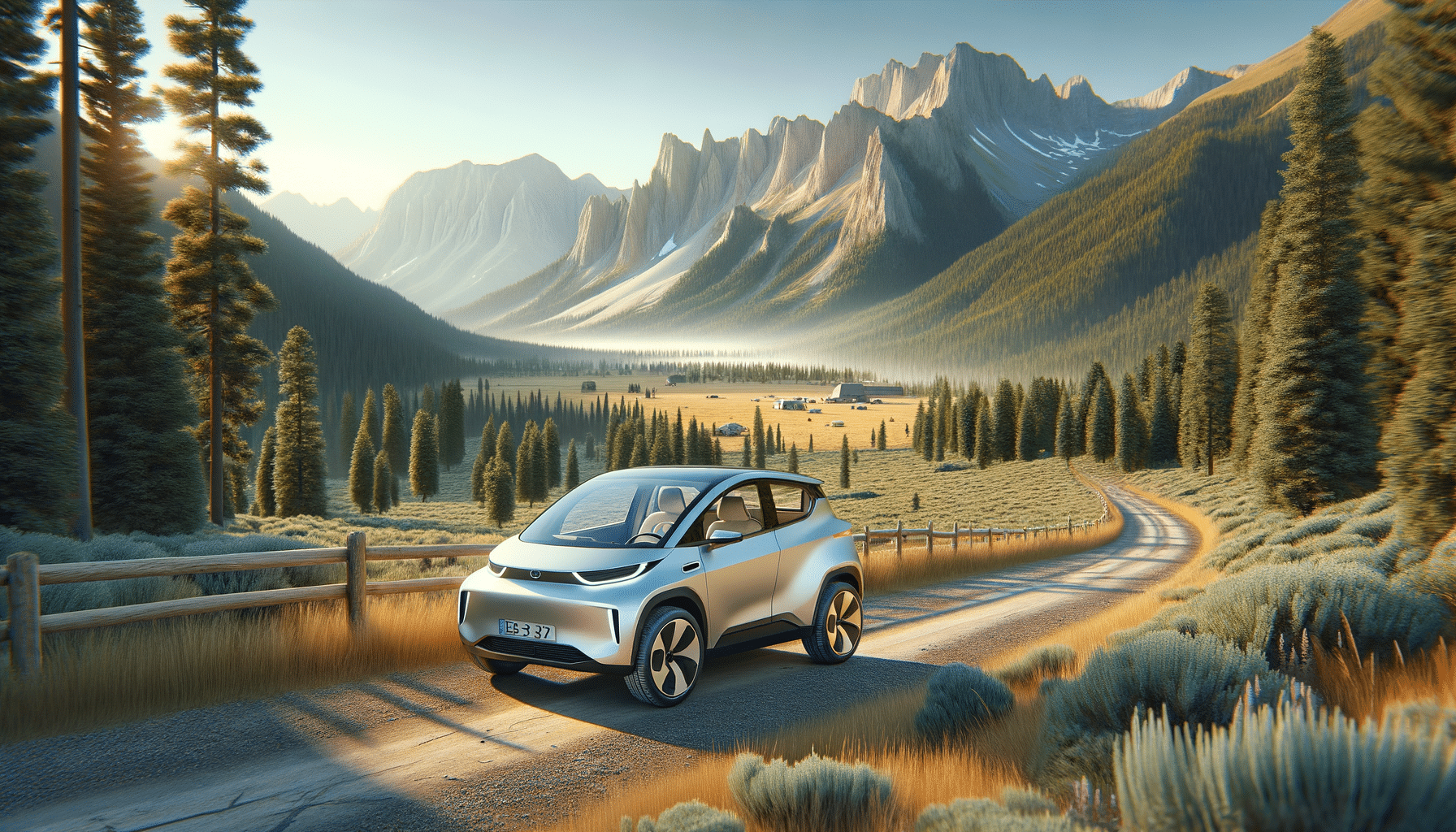
Exploring the World of Small Electric Cars
Introduction to Small Electric Cars
In recent years, the automotive industry has witnessed a significant shift towards sustainable and eco-friendly solutions. Among these, small electric cars have emerged as a popular choice for urban commuters. These vehicles offer a compact design, making them ideal for navigating through crowded city streets while minimizing the environmental impact. As cities continue to grow and environmental concerns rise, small electric cars present a viable solution for reducing carbon footprints and enhancing urban mobility.
Benefits of Small Electric Cars
Small electric cars come with a range of benefits that cater to both individual users and the broader environment. Primarily, these vehicles produce zero emissions, which significantly reduces air pollution in urban areas. Additionally, electric cars are renowned for their cost-effectiveness. They have lower running costs compared to traditional gasoline-powered vehicles, as electricity is generally cheaper than fuel. Maintenance costs are also reduced due to fewer moving parts in electric engines.
Moreover, small electric cars are designed with efficiency in mind. Their compact size allows for easier parking and maneuverability in tight spaces. This is particularly advantageous in densely populated cities where parking is a common challenge. Many models also come equipped with advanced technology features, such as regenerative braking and energy-efficient systems, which further enhance their appeal.
Challenges Facing Small Electric Cars
Despite their numerous advantages, small electric cars face several challenges that need to be addressed to increase their adoption. One of the primary concerns is the limited driving range. Although advancements are being made, many small electric cars still offer a range that may not meet the needs of long-distance travelers. Additionally, the availability of charging infrastructure remains a significant hurdle. While urban areas are seeing an increase in charging stations, rural and remote areas often lack sufficient facilities.
Another challenge is the initial purchase cost. Electric vehicles typically have a higher upfront cost compared to their gasoline counterparts. However, it’s important to consider the long-term savings on fuel and maintenance, which can offset the initial investment over time. Furthermore, battery disposal and recycling pose environmental concerns that the industry must continue to address.
Technological Innovations in Small Electric Cars
The evolution of technology plays a crucial role in the development of small electric cars. Manufacturers are continuously working on improving battery technology to extend the driving range and reduce charging times. Lithium-ion batteries remain the standard, but research into solid-state batteries holds promise for the future. These batteries could offer higher energy density and improved safety features.
In addition to battery advancements, small electric cars are benefiting from innovations in autonomous driving and connectivity. Many models now include smart features that enhance the driving experience, such as adaptive cruise control, lane-keeping assistance, and integrated infotainment systems. These technological advancements not only improve convenience but also increase the safety and efficiency of electric vehicles.
The Future of Small Electric Cars
The future of small electric cars looks promising as governments and manufacturers push for a greener automotive industry. Policies and incentives are being introduced worldwide to encourage the adoption of electric vehicles. These include tax credits, rebates, and investments in charging infrastructure. As technology continues to advance, the cost of electric cars is expected to decrease, making them more accessible to a broader audience.
Furthermore, the integration of renewable energy sources into the electric grid will enhance the sustainability of electric vehicles. Solar and wind power can provide clean energy for charging stations, further reducing the carbon footprint associated with electric car usage. As these developments unfold, small electric cars are poised to become a staple in urban transportation, offering a sustainable and efficient alternative to traditional vehicles.


